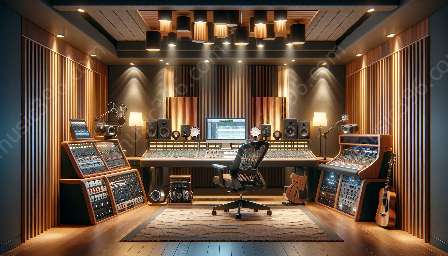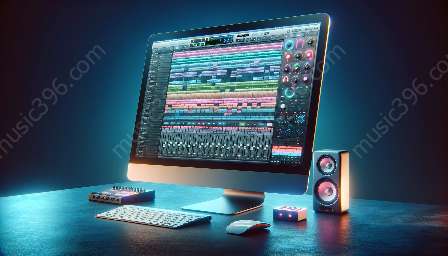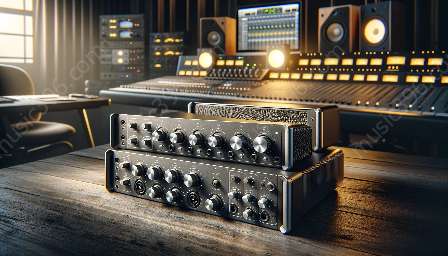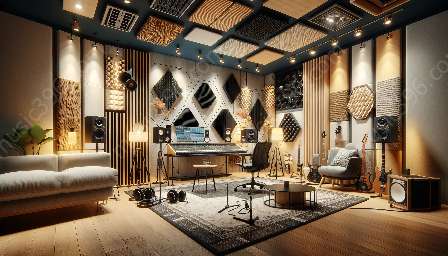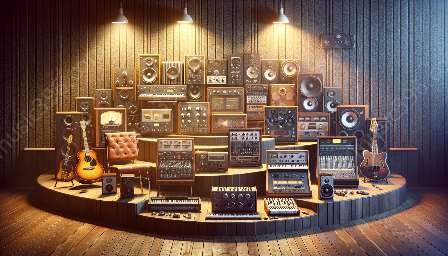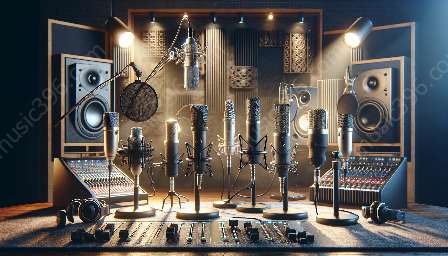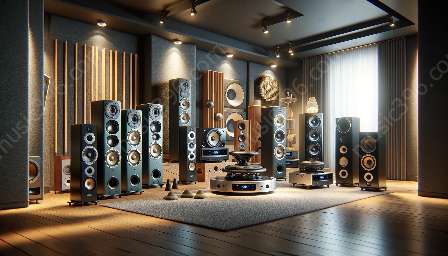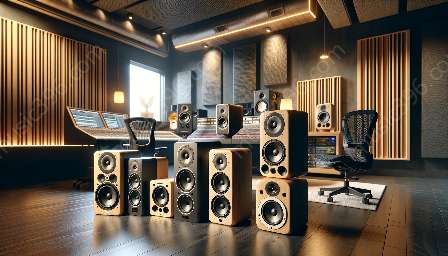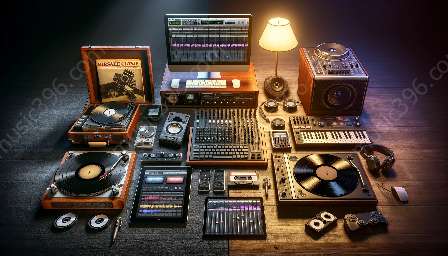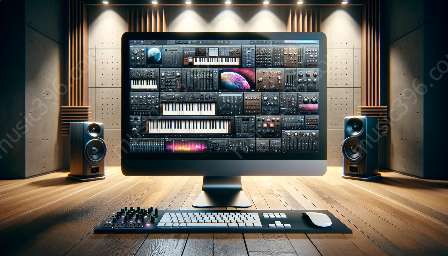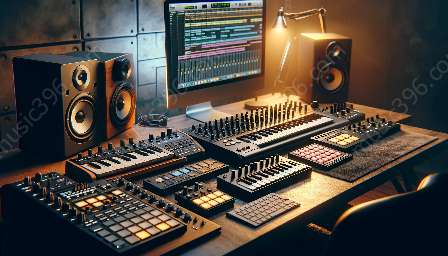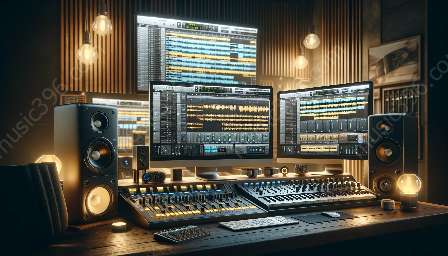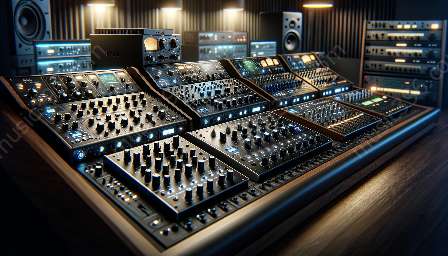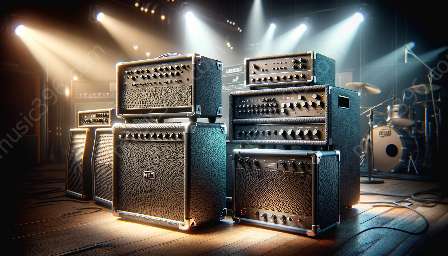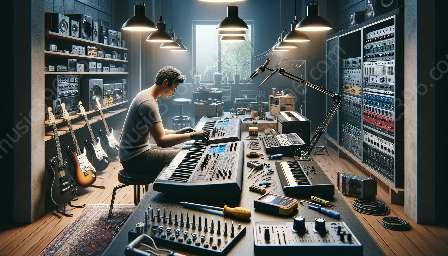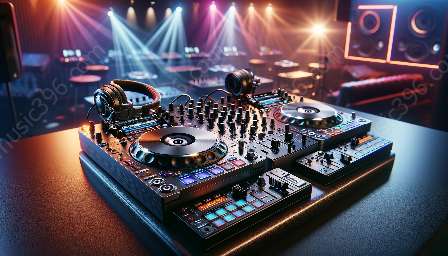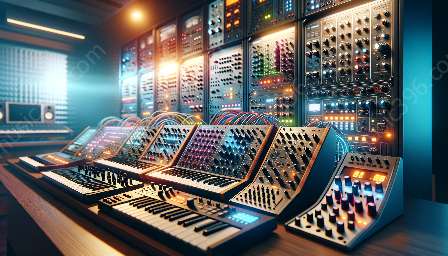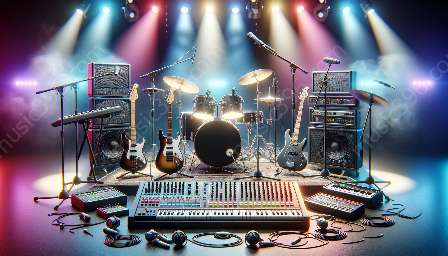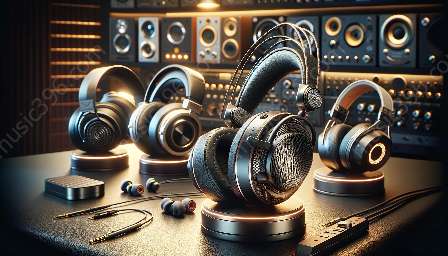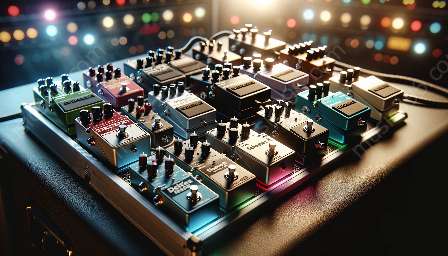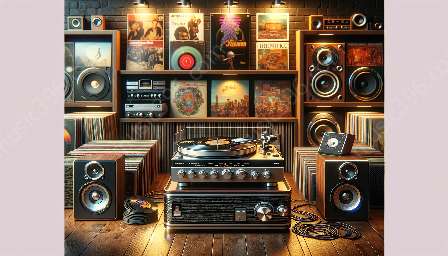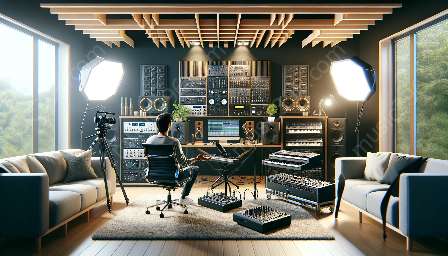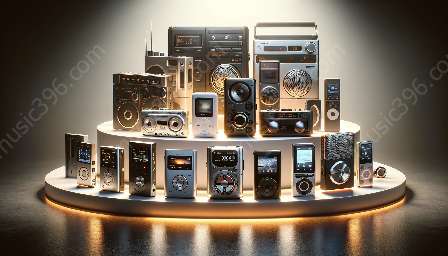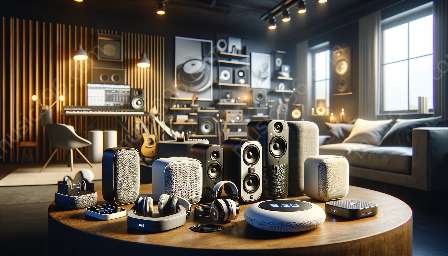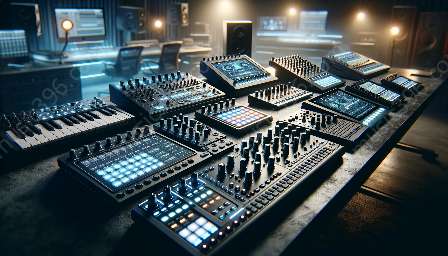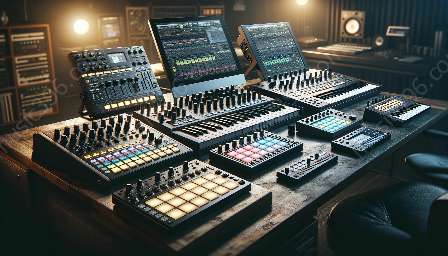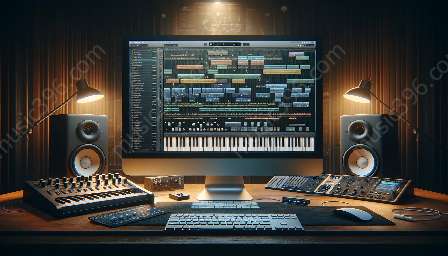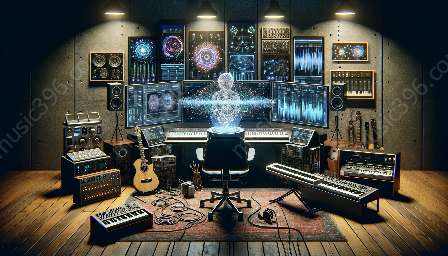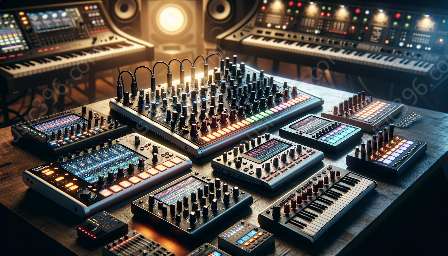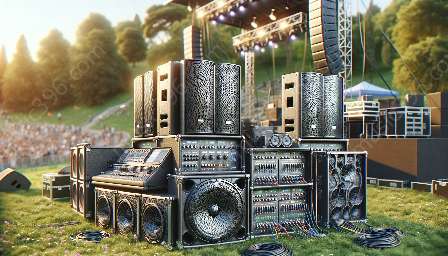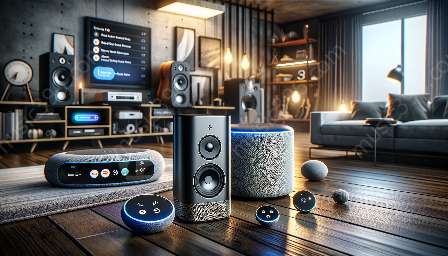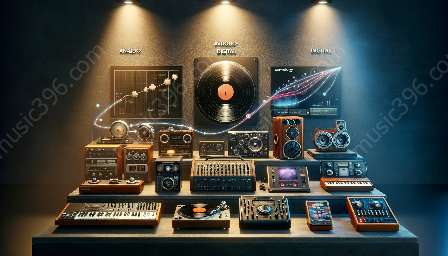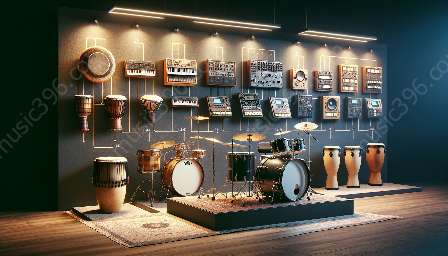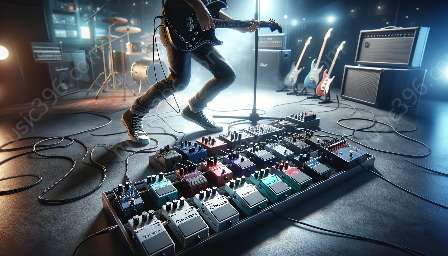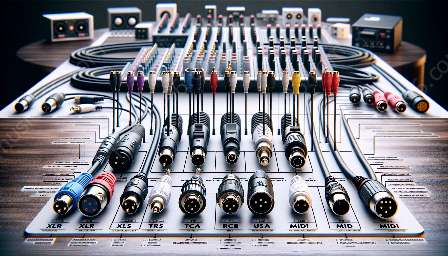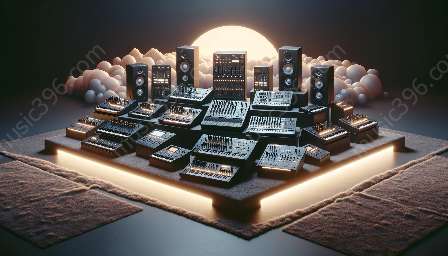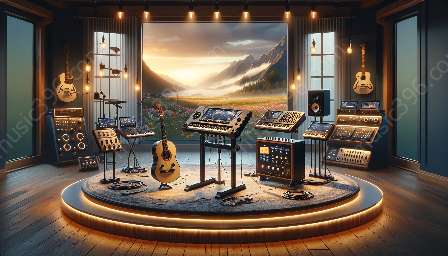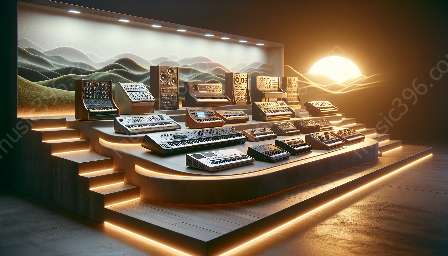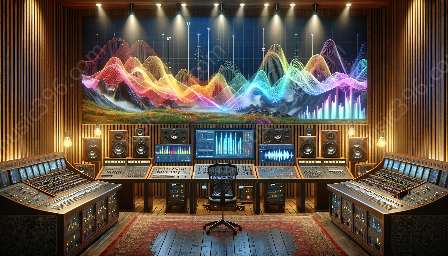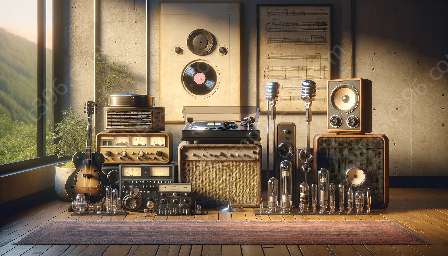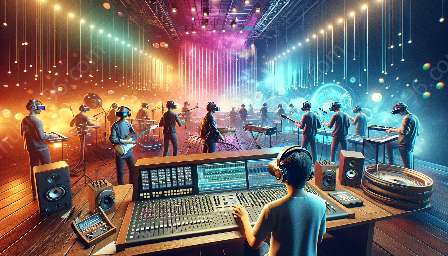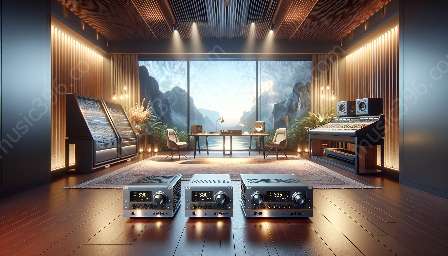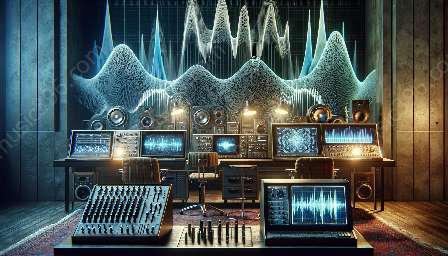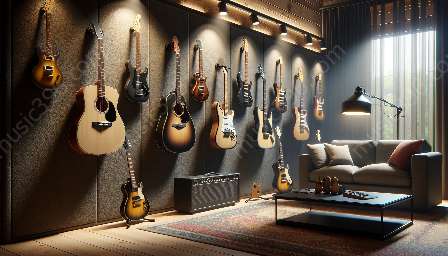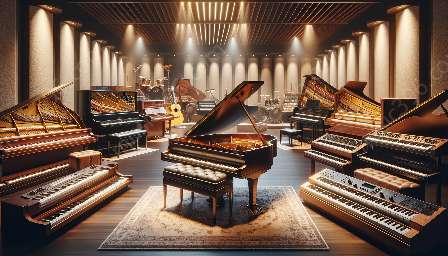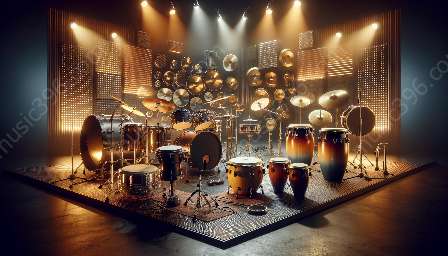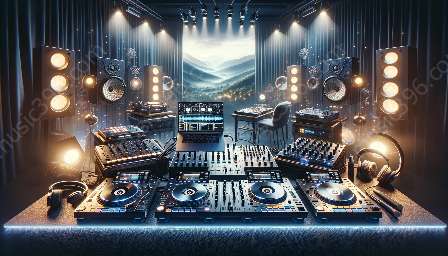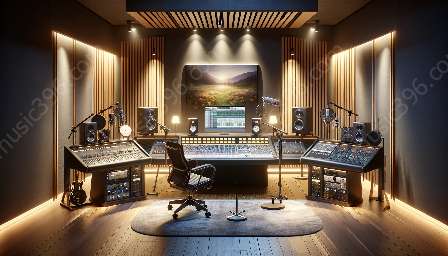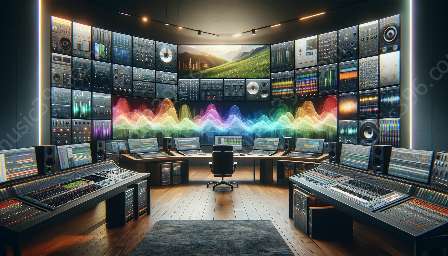When it comes to the sound of a guitar, shaping the tone and applying proper equalization are critical factors. From the strings and pickups to the amplifiers and effects, understand how to craft the perfect guitar sound.
Understanding Guitar Tone
Guitar tone is the sonic character that defines the sound of a guitar. It is influenced by various factors including the guitar itself, the amplifier, and the player's technique. The fundamental principles of guitar tone shaping and equalization play a crucial role in achieving the desired sound.
Guitar Pickups and Strings
The type of pickups and strings used greatly impact the tone of a guitar. Single-coil pickups provide a bright and clear sound, while humbuckers deliver a fuller and warmer tone. Different string materials and gauges also affect the overall tone and playability of the guitar.
Amplifiers and Preamps
Amplifiers and preamps are essential components in shaping the guitar's tone. They can emphasize different frequency ranges, leading to a wide array of sounds. From clean and bright tones to distorted and heavy sounds, amplifiers and preamps are crucial in tone shaping.
Effects Pedals and Signal Processing
Effects pedals and signal processing units offer extensive tonal possibilities for guitarists. They can add various effects such as distortion, modulation, delay, and reverb, significantly altering the guitar's sound. Understanding how to apply these effects in conjunction with equalization is essential in shaping the overall tone.
Equalization Techniques
Equalization, commonly known as EQ, is the process of adjusting the balance between different frequency components in an audio signal. Proper equalization can enhance the guitar's tonal characteristics and ensure it sits well in a mix.
Impact of Music Equipment and Technology
The advancements in music equipment and technology have revolutionized the way guitar tones are shaped and equalized. Digital modeling amplifiers, amp simulators, and digital audio workstations (DAWs) provide an extensive range of tools for guitar tone crafting.
Digital Modeling Amplifiers
These amplifiers utilize digital signal processing to emulate the sounds of various analog amplifiers and effects. They offer versatility and the ability to experiment with different tones without the need for multiple physical amplifiers and pedals.
Amp Simulators and DAWs
Amp simulators integrated into DAWs provide guitarists with the flexibility to record, process, and shape their tones directly within a digital environment. They offer a wide range of virtual amplifiers, cabinets, and effects, allowing for precise control over the guitar's sound.
Advanced Signal Processors
Modern signal processors offer sophisticated equalization and tonal shaping capabilities. They enable guitarists to precisely tweak the frequency response of their instruments, ensuring that the guitar tone blends seamlessly with other instruments in a mix.
Crafting the Perfect Guitar Sound
To craft the perfect guitar sound, it's essential to consider the fundamental principles of guitar tone shaping and equalization. Understanding the impact of various elements such as pickups, amplifiers, effects, and technology provides the knowledge necessary to create diverse and captivating guitar tones.
Experimentation
Experimentation is key to discovering unique and innovative guitar tones. Trying different combinations of pickups, amplifiers, effects, and equalization settings can lead to the development of a distinct and personalized guitar sound.
Listening and Refinement
Listening to the guitar tone in different contexts, such as live performances and recordings, allows for refinement and adjustment. Paying attention to how the guitar interacts with other instruments and the overall mix is crucial in achieving a balanced and impactful sound.
Continuous Learning
As technology and music equipment continue to evolve, staying informed about the latest advancements in tone shaping and equalization is vital. Continuous learning and exploration of new tools and techniques ensure that guitarists are equipped to adapt and enhance their sonic capabilities.

